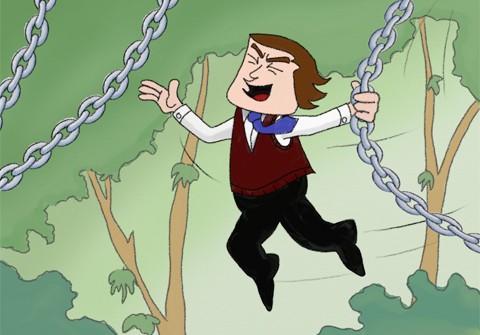Your index entry
Having got Google-bot to visit your side, and persuading his boss Google-indexer to list your pages, the next important step is getting making your listed pages enticing for users to click. That has much to do with "metadata".

Maximise the benefit from your linked pages.
An unprinted part of every web page on your site shoud be the page <title>, the <meta> data explaning the subject of the page, the significant keywords from the text, and the language of the web page. But surprisingly few sites bother with the meta-data.
As long as they're succinct and relevant, all the words used in your site name, file-path and filename, <title> and <meta> subject and description will help to raise your placement in relevant searh results. But more than that, Google will normally use the <title> of your web page as the title of the Google listing, and the <meta> description as the description of the Google listing. The better it is, the more clicks you'll get. And Google counts click-throughs to your webpage: the higher the ratio of impressions-to-clickthroughs, the higher the ranking will become.
Keep your <title>s, and <meta> data short, and make sure they use keywords from your page content which users will use to search for your page. As long as you match the words your customers use make their search, this is the most powerful magic wand you can wave over your pages to get a good ranking.
It's not just pages that have can have meta tags... all your images should have short, meaningful alt tags to give Google a deeper insight into your page. If Google sees the same words in meta-data, page content and object tags, those words a sure to get a high ranking.
